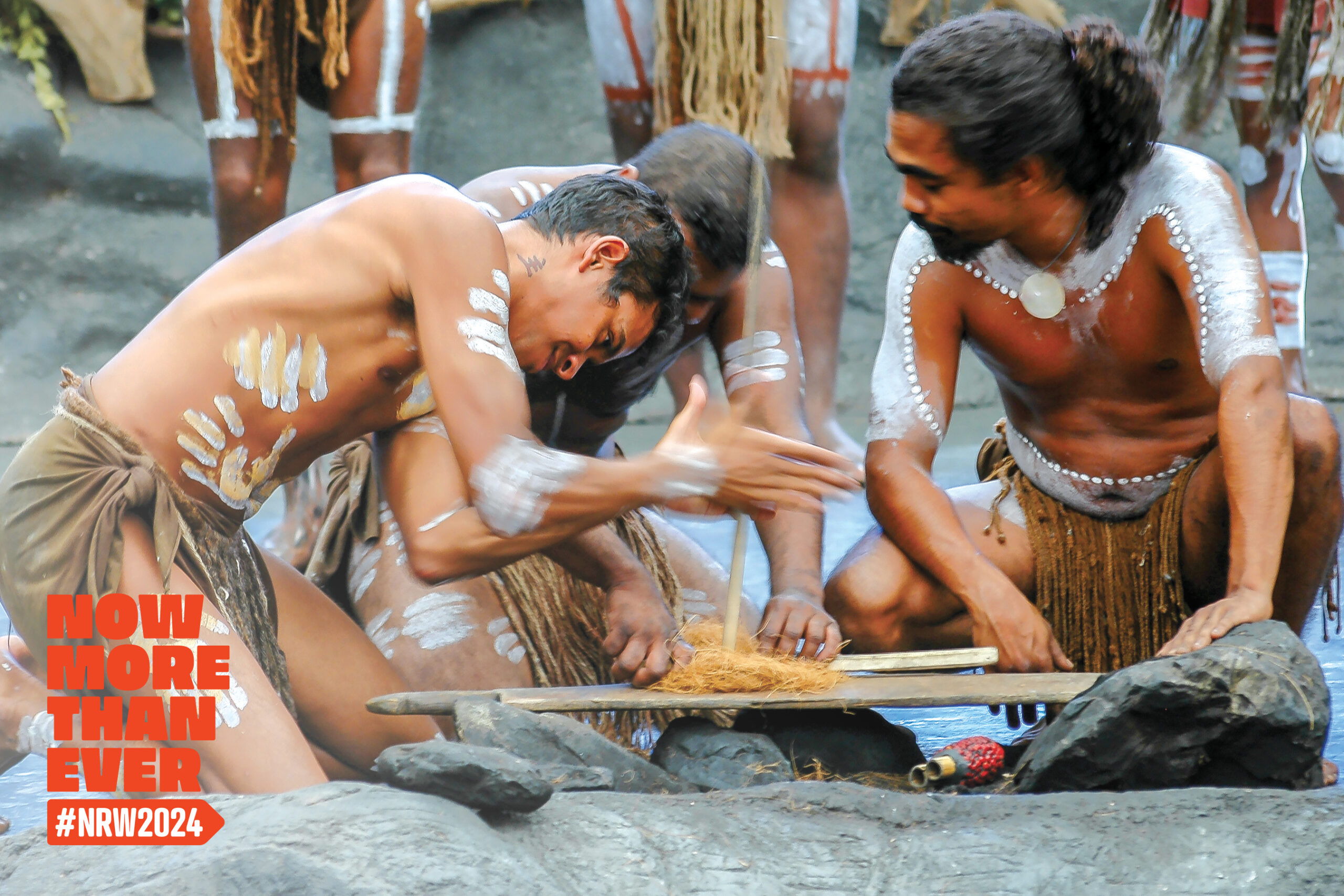National Reconciliation Week holds significant importance in the ACA calendar and is swiftly approaching. Scheduled between 27 May – 3 June, it provides a crucial opportunity for all Australians to delve into our shared histories, cultures, and accomplishments. It’s also time to reflect on how each of us can play a role in fostering reconciliation across Australia.
National Reconciliation Week is essential because it provides an opportunity for all Australians to reflect on the history of Indigenous and non-Indigenous relations in the country and to work towards healing, by acknowledging the past injustices and celebrating the unique cultures and contributions of First Nations Australians to the country’s identity and heritage.
For chiropractors in Australia, engaging with National Reconciliation Week holds significant importance. It offers a platform to recognise the profound effects of colonisation on Indigenous health, cultivate cultural proficiency, foster stronger ties with First Nations communities, and acknowledge the critical role of social determinants of health. Through active participation in reconciliation efforts, chiropractors can contribute meaningfully to enhancing the health outcomes of First Nations Australians.
The theme for 2024, ‘Now More Than Ever,’ serves as a poignant reminder that regardless of circumstances, the struggle for cementing justice and the rights of Aboriginal and Torres Strait Islander people will persist – and indeed, must. For chiropractors, this theme holds particular significance as it emphasises the pressing need to address historical injustices and current disparities in Indigenous health.
In light of this theme, chiropractors are encouraged to intensify their commitment to reconciliation, recognising the crucial role they can play in advancing Indigenous health outcomes. It serves as a reminder that the time to actively engage in reconciliation efforts is now, with a renewed dedication to understanding, acknowledging, and addressing the challenges faced by First Nations communities right across Australia.
Dr Troy Walker is not just an ACA member, but a proud Yorta Yorta man. The Yorta Yorta, alternatively known as Jotijota, are First Nations Australians with a rich cultural heritage. They have historically resided in the region encompassing the junction of the Goulburn and Murray Rivers, located in the contemporary north-eastern Victoria and southern New South Wales. Yorta Yorta traditional lands covers around 20,000 square kilometres.
Troy says that while he cannot speak for all First Nations Australians, he finds value in raising awareness about reconciliation and its importance in bringing people together to foster dialogue, understanding, and connection through truth-seeking. Troy believes that Australians are stronger together and that reconciliation involves recognising and honouring the nation’s Indigenous communities while confronting past injustices and working towards a future that benefits all Australians.
“I can’t presume to speak on behalf of all my people. Though in my personal purview, I find much meaning in awareness around reconciliation. The reason being that Australia has historically chosen some of its heroes quite poorly, and bringing people together creates a pathway for dialogue, discussion, connection and greater understanding through truth seeking.
“I am convinced that we as Australian people are much better with one another than without one another and this is reconciliation in its truest sense. It also means that we can still acknowledge our nation’s First Peoples and concomitantly, we can grapple with things taking place in the past, while also paving out a future that benefits everyone as much as is possible.”
For Troy, this year’s theme is an important one as it illuminates how reconciliation is a continuous process that is forever evolving and requires deep reflection and action that is above all, inclusive.
“In the idea of this year’s theme ’Now More Than Ever’, it expresses to me that we have the ability to work on these things together, in the present, to ensure a future that encompasses everyone as equally as is possible.”
One of ACA’s significant initiatives in the pursuit of reconciliation has been the establishment of a Reconciliation Action Plan (RAP). Launched in October 2022, the RAP serves as a guiding document outlining ACA’s vision and commitment to reconciliation. The RAP has focussed on strengthening relationships with Aboriginal and Torres Strait Islander people and improving the ACA’s cultural understanding, particularly within our sphere of influence. With key deliverables having been actioned and managed over the last 18 months by the ARRPN Committee and ACA staff, the ACA is focussing on implementing the remaining deliverables across the remainder of 2024. Many of these relate to internal HR, recruitment, and policies.
Reflecting back, key successes from the innovate RAP include building cultural competency training for members, board and staff and increased engagement with Aboriginal and Torres Strait Islander organisations within the health sphere. These successes are not one-off but are now embedded in our organisational activity and planning. Along with the implementation of remaining RAP deliverables, 2024 will also be a time to assess and plan what’s next in the ACA’s reconciliation journey. The ACA thanks the ARRPN Committee, Board, staff, and members who have supported and contributed to the ACA’s RAP activity and successes over the past 12 months.
In summary, for chiropractors and healthcare professionals alike, National Reconciliation Week offers a profound opportunity to reflect on the impact of colonisation on Indigenous health and the importance of cultural competency in delivering equitable care.
By embracing the principles of reconciliation within their practices, ACA members can contribute to the broader effort of closing the health gap and fostering holistic wellbeing for all Australians.
